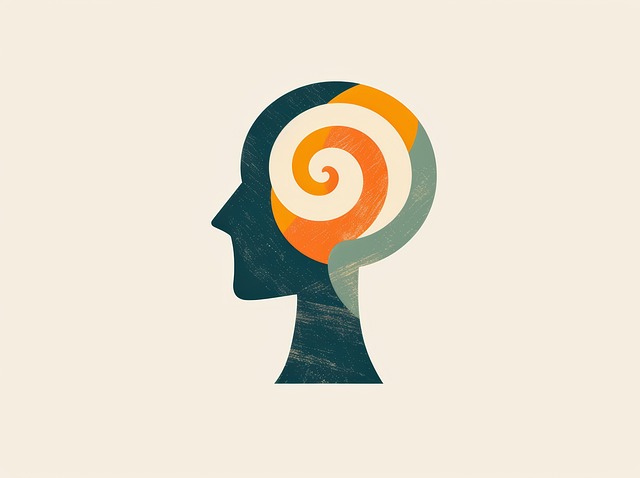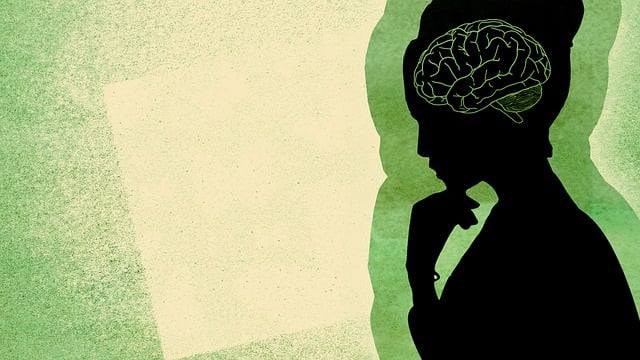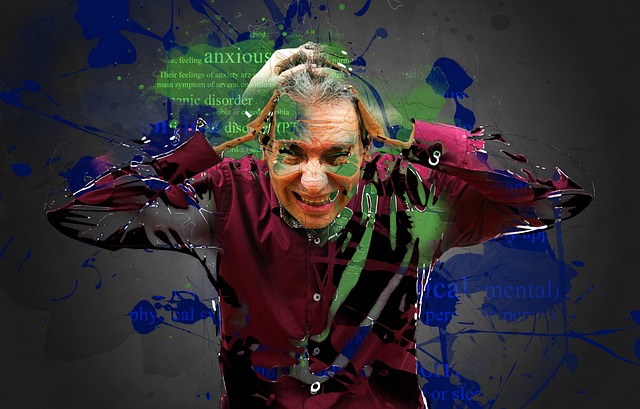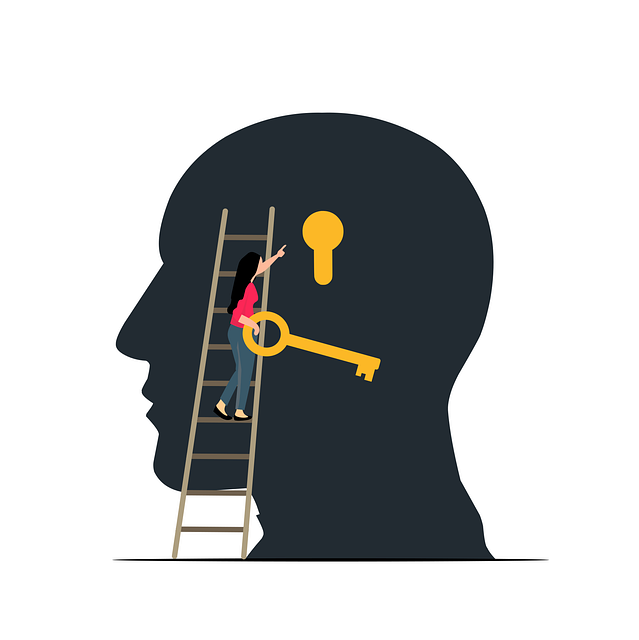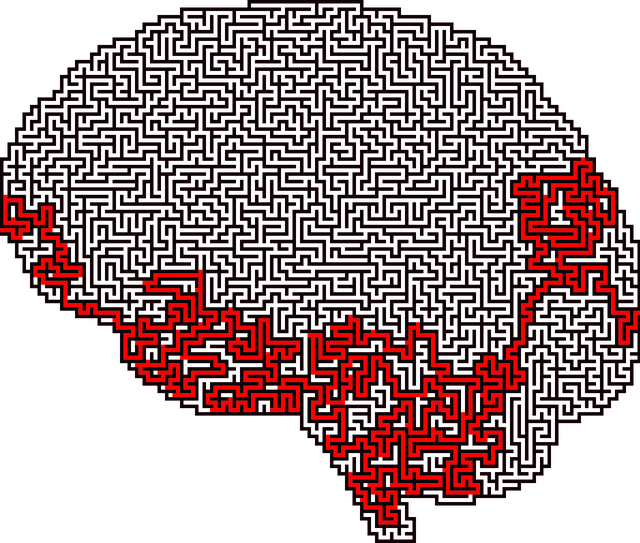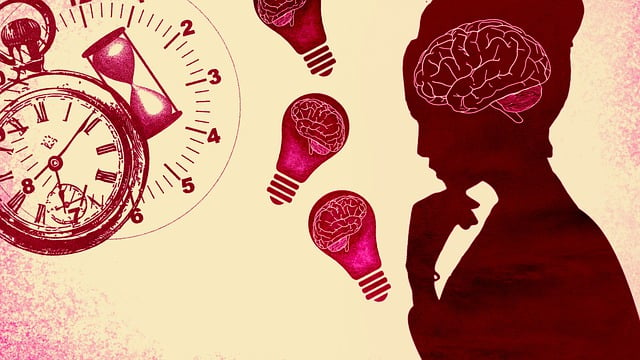Children experience stress uniquely, often through anxiety or physical symptoms, which can lead to long-term mental health issues if unaddressed. For children with neuro disorders like ASD or ADHD, tailored strategies such as sensory therapy, cognitive behavioral therapy, and social skills training are essential. Cultural sensitivity in mental healthcare is key to inclusivity. Workshops designed for young minds, using interactive activities, storytelling, and mindfulness exercises, teach stress management and emotional regulation, fostering resilience and a positive sense of self, making them effective therapy for neuro-disordered children.
Stress management workshops play a vital role in nurturing young minds, especially those dealing with neuro disorders. This article guides organizations on designing and implementing effective therapy programs for children facing stress and neurodevelopmental challenges. We’ll explore strategies tailored to their unique needs, offering insights into understanding childhood stress, its impact on developing brains, and practical workshop facilitation techniques. By empowering educators and caregivers, these practices promote resilience and enhance the well-being of young individuals.
- Understanding Children's Stress and Neuro Disorders
- Designing Effective Stress Management Workshops for Young Minds
- Implementing and Facilitating Workshop Strategies for Optimal Results
Understanding Children's Stress and Neuro Disorders

Children experience stress just like adults, but their responses can differ significantly due to their age and developing brains. Understanding childhood stress involves recognizing that young individuals may exhibit signs such as anxiety, irritability, or even physical symptoms like headaches and stomach aches when they’re overwhelmed. These reactions are often their way of communicating an internal struggle, especially if they lack the vocabulary to express emotions effectively. When left unaddressed, chronic stress in children can lead to long-term mental health challenges and impact their overall development.
For children with neuro disorders, managing stress becomes even more intricate. Conditions like Autism Spectrum Disorder (ASD) or Attention Deficit Hyperactivity Disorder (ADHD) often present unique coping mechanisms and sensory sensitivities. Therapy for young children with neuro disorders should incorporate tailored strategies, such as sensory integration therapy, cognitive behavioral therapy, and social skills training. Cultural sensitivity in mental healthcare practice is crucial when addressing these issues, ensuring that interventions are inclusive and respectful of diverse family dynamics and cultural beliefs. Coping skills development and mental wellness journaling exercises can also be beneficial tools to help children and their families navigate stress and foster resilience.
Designing Effective Stress Management Workshops for Young Minds

Stress management workshops tailored for young minds are invaluable tools in fostering resilience and promoting mental well-being. These sessions must be designed with an understanding of children’s unique cognitive and emotional development, especially considering those with neuro disorders. Incorporating interactive activities, storytelling, and play therapy can effectively engage young participants while teaching them coping strategies.
The curriculum should include a mix of theoretical knowledge about stress and its impact on mental health, alongside practical exercises like mindfulness techniques, breathing exercises, and positive affirmation practices. Mental Health Policy Analysis and Advocacy plays a crucial role in ensuring these workshops are evidence-based and inclusive. Crisis Intervention Guidance can be seamlessly integrated to equip facilitators with skills to handle unexpected emotional outbursts, while Mental Health Education Programs Design ensures the content is age-appropriate and culturally sensitive.
Implementing and Facilitating Workshop Strategies for Optimal Results

Implementing effective workshop strategies is key to achieving optimal results in stress management programs, especially when catering to young children with neuro disorders. A well-structured workshop should incorporate interactive and engaging activities that cater to different learning styles. For instance, incorporating mindfulness exercises, storytelling, and role-playing can aid in teaching emotional regulation skills while fostering a sense of comfort and safety for these children.
Additionally, facilitators should aim to create a supportive environment that encourages open dialogue. By addressing the unique challenges faced by young individuals with neuro disorders, such as those related to mental illness and stigma reduction efforts, workshops can become powerful tools for self-care routine development. This holistic approach ensures that participants gain practical strategies for managing stress while also fostering resilience and a positive sense of self.
Stress management workshops tailored for young minds can be transformative, offering valuable tools for navigating neuro disorders and promoting resilience. By combining insights into children’s stress responses with effective workshop design and implementation strategies, we empower educators and caregivers to facilitate profound changes. Through interactive activities and supportive environments, these workshops provide a nurturing space for young children to develop coping mechanisms and thrive despite challenges. In this way, we contribute to the development of healthier, happier futures for our youngest learners.
